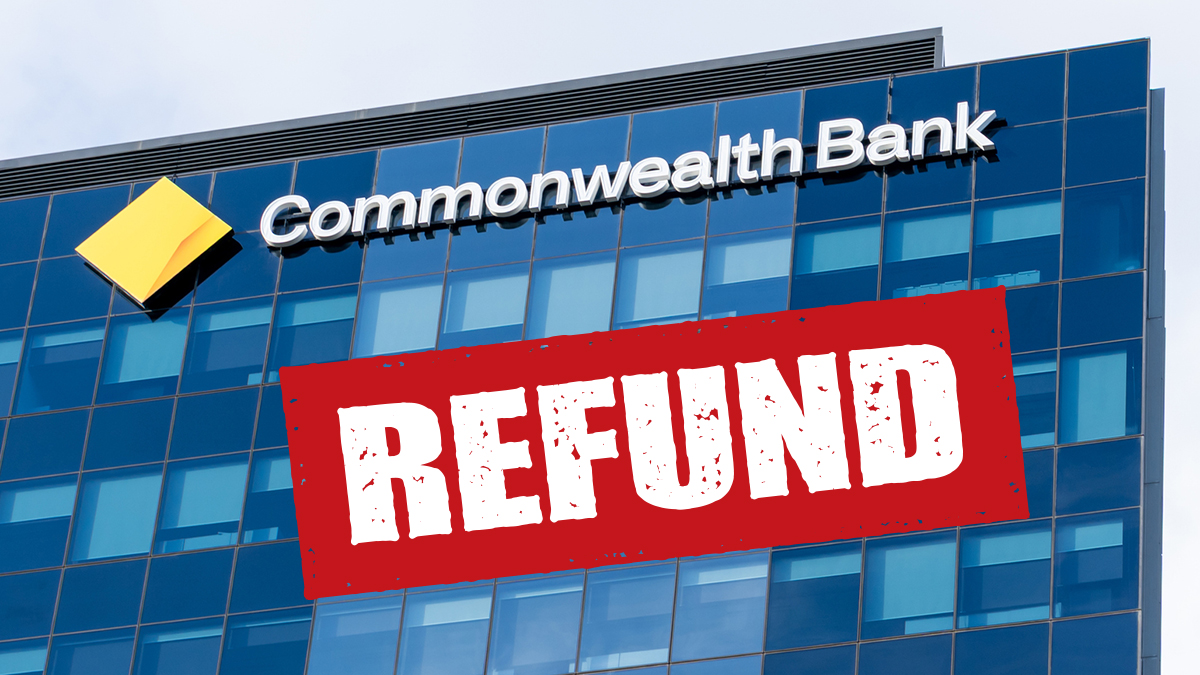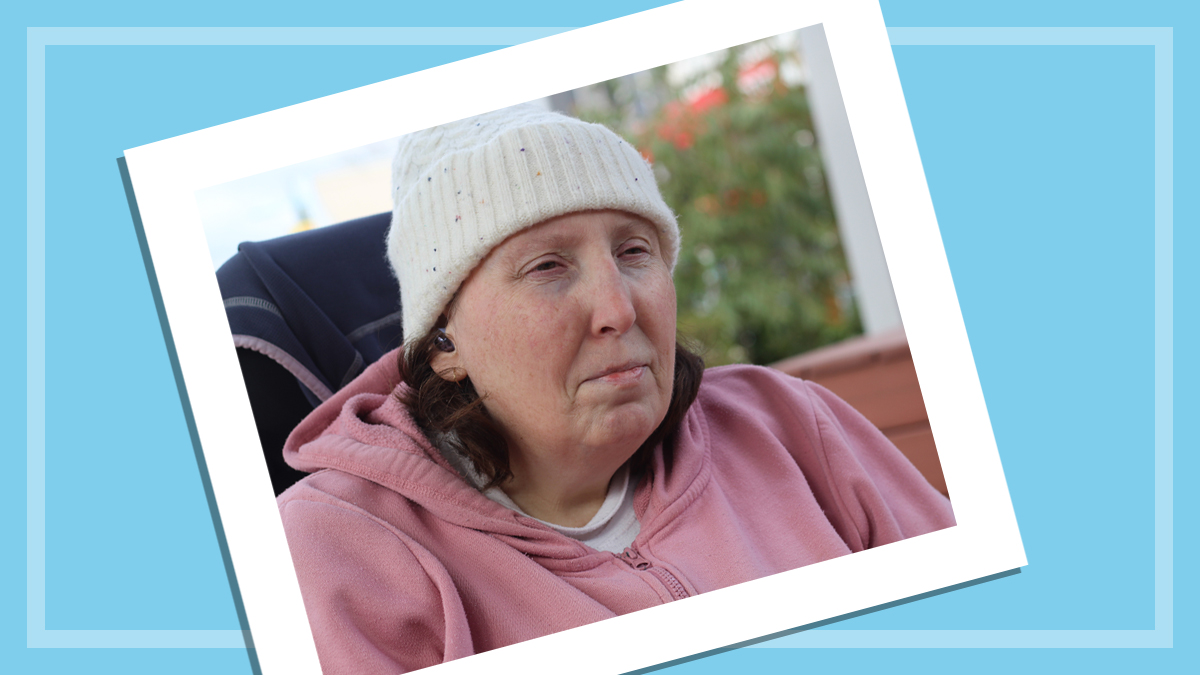Get our independent lab tests, expert reviews and honest advice.
Removing lending protections will continue bad bank behaviour

The timing couldn’t have been more stark. On Thursday, Westpac settled the largest civil suit in Australia’s history with a $1.3 billion payment, admitting to over 23 million breaches of the law, including facilitating the transaction of child exploitation.
At a time when the banks should be required to increase their obligations to the Australian community, the Government is letting them off the hook.
Not even 24 hours had passed when the Federal Government announced an ill-considered proposal to weaken the bank’s legal responsibilities and wind back responsible lending obligations.
Responsible lending laws were enacted after the Global Financial Crisis, in part caused by banks pushing loans onto people they knew could never afford them. It’s worrying that this Government has such a short memory and failed to learn the lessons of the last economic crisis and the much more recent banking royal commission.
The premise of responsible lending laws is very simple: banks have to take some responsibility when they lend. Banks have an obligation to inquire and verify that a borrower won’t be left in dire straits if they take out the loan. These multi-billion dollar institutions know more about your spending habits and what loans carry more risk than any individual could. It is only right that banks have to carry some responsibility when they lend. After all, they get significant benefit from someone borrowing.
There is significant profit to be made by banks trapping people in a cycle of debt. Banks have every interest in getting people to borrow more, pay more interest and pay more fees. Without constraints, they have little incentive to tell someone, “this loan could leave you and your family in trouble.”
There is significant profit to be made by banks trapping people in a cycle of debt. Banks have every interest in getting people to borrow more
Big banks have a recent and troubled history with lending. The banking royal commission revealed the impact that unconstrained lending has on people. The commission heard of the Commonwealth Bank providing a problem gambler $35,000 in unsolicited credit card increases, despite the person telling the bank he had an addiction and telling them to cut off the supply of credit.
This is what happens when responsible lending laws are ignored and banks are left by themselves to market credit products to people.
While interest rates remain at historic lows, it will take a number of years for the catastrophic impact of this proposed law to play out. If the government removes lending protections and interest rates rise, as they inevitably will, people will find they have been sold loans by banks that will be impossible to repay.
We will pinpoint this as the moment when our national economy got weaker and Australian families were burdened with more debt than they could ever repay.
But the banks? Expect them to post greater profits from interests and fees than ever before. It’s no surprise that the share price of the major banks surged ahead on Friday off the back of the Government’s announcement.
Our global economy is at its most precarious position since the Great Depression. Now is not the time to remove consumer protections and trap people into deeper household debt. This policy is bad for Australian households and bad for the Australian economy. If the parliament signs off on the removal of lending protections we will emerge out of this crisis with more problems in the banking sector – and the need for another banking royal commission.





